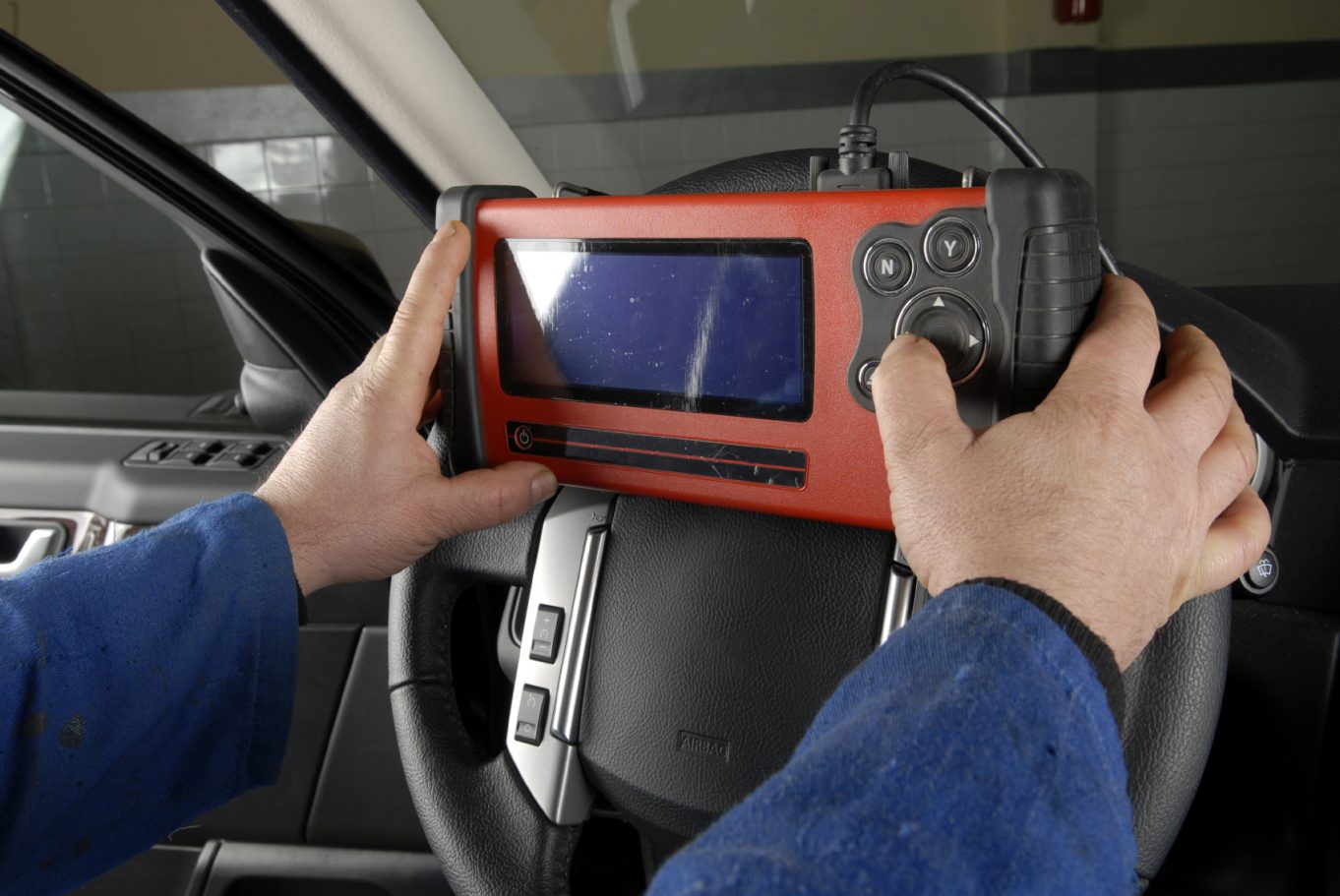What is a diagnostic check?
A diagnostics car check is a specialized procedure that identifies potential faults or issues in your vehicle using modern diagnostic tools. These checks involve connecting your car’s onboard computer, also known as an Engine Control Unit (ECU), to a diagnostic scanner. The scanner interprets data from various sensors and systems in the vehicle, providing insights into the car’s performance and identifying any problems that need attention.
Warning Lights and What They Mean
One of the primary indicators that your car may require a diagnostics check is the appearance of warning lights on the dashboard. These lights, such as the check engine light, ABS warning, or airbag light, are your car’s way of alerting you to potential issues. While some warning lights may indicate minor issues (e.g., low windshield washer fluid), others could signify critical problems like engine misfires, transmission faults, or brake system failures.
When a warning light appears, it’s important not to ignore it. A diagnostics check can determine the root cause of the issue and provide a detailed report, helping you address the problem before it escalates.
Is It Safe to Drive with Warning Lights?
The safety of driving with a warning light depends on the severity of the issue. For example:
- Amber Warning Lights: These typically indicate non-urgent issues, like a faulty sensor or low tire pressure. You can usually continue driving but should schedule a diagnostics check soon.
- Red Warning Lights: These signify serious issues, such as engine overheating or brake failure. In such cases, it’s unsafe to drive, and you should stop the car immediately and seek professional assistance.
Ignoring warning lights, even minor ones, can lead to bigger problems and costly repairs in the long run.
What Areas Can a Diagnostics Check Cover?
Diagnostics checks are highly versatile and can evaluate a wide range of systems in your vehicle. Some common areas include:
- Engine Performance: Identifies misfires, fuel system issues, or faulty spark plugs.
- Transmission System: Detects issues with shifting gears or transmission fluid levels.
- Brake System: Checks the anti-lock braking system (ABS) for faults.
- Airbags and Safety Features: Ensures airbags, seatbelt sensors, and other safety mechanisms are functioning properly.
- Exhaust System: Diagnoses issues with the catalytic converter or oxygen sensors.
- Battery and Electrical System: Evaluates the battery, alternator, and electrical connections for faults.
- Emission Levels: Ensures your car meets environmental standards by analyzing exhaust gases.
Benefits of Regular Diagnostics Checks
Regular diagnostics checks are an essential part of car maintenance. They help:
- Prevent minor issues from turning into major, expensive repairs.
- Maintain your vehicle’s safety and reliability.
- Improve fuel efficiency and reduce emissions by optimizing engine performance.
- Prolong the lifespan of your car.
In conclusion, a diagnostics car check is a critical tool for maintaining your vehicle’s health and safety. If you notice warning lights on your dashboard or experience unusual symptoms like reduced performance or strange noises, schedule a diagnostics check promptly to keep your car running smoothly.
Serving Allesley, Balsall Common, Berkswell, Burton Green, Canley, Coundon ,Cheylesmore, Earlsdon, Eastern Green, Finham, Kenilworth, Meriden, Tile Hill, Westwood Heath.
Cromwell Garage, 217 Torrington Avenue, Tile Hill, Coventry CV49HN. Tel 02476 466645.
Listed in the Coventry Directory
All rights reserved © 20232804558, Established 29 March 1993
We need your consent to load the translations
We use a third-party service to translate the website content that may collect data about your activity. Please review the details in the privacy policy and accept the service to view the translations.



